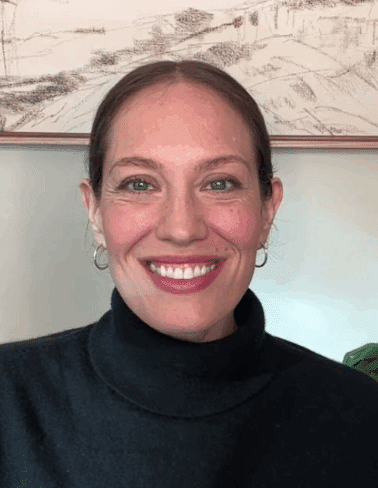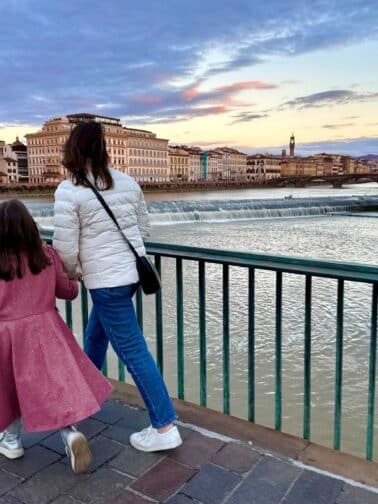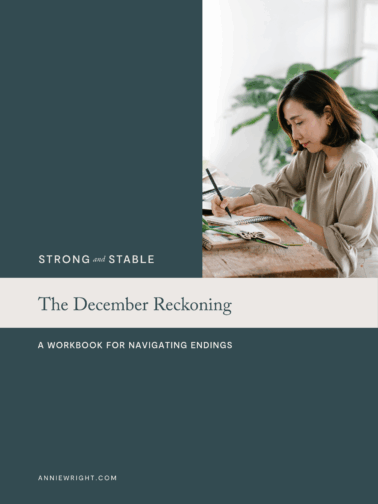TL;DR –Actively grieving your past means turning toward rather than away from childhood trauma, allowing yourself to feel the full weight of what you lost, and integrating that reality into your life story—a three-step process of admission, feeling, and sense-making that transforms abstract pain into concrete healing. Many people dismiss their right to mourn intangible losses like the childhood they never had, believing only "real" losses like death deserve grief, but abstract grief counts equally—losing your childhood safety, stability, and nurturing represents profound loss that demands acknowledgment. The practical work involves confronting past experiences with adult understanding of what was normal versus harmful, reducing psychological defenses like intellectualizing or numbing, and allowing whatever emotions arise to be safely expressed for as long as needed.
This grief work isn't pathetic or dwelling—it's your nervous system's natural pathway through suffering, the body and brain's intuitive way of shepherding you through anguish that feels destructive but actually reconstructs. By admitting loss (seeing your past with sober eyes), feeling fully (stopping the compulsive behaviors that keep you numb), and integrating reality (understanding how you formed in response to trauma while recognizing new choices available now), you move through pain rather than staying stuck in it. The alternative to active grieving isn't moving on—it's remaining in suffering longer, carrying unmetabolized pain that shapes every relationship and decision until you finally turn toward what happened and let yourself sink into the grief before learning to swim to the surface.
“But Annie, what does it mean to grieve my past? I mean, what does it mean practically?”
In emails and blog comments, I’ve been receiving some iteration of this question more and more frequently.
And I completely understand why this question is coming up!
Very often in my articles, I talk about the need to grieve the childhood you didn’t and won’t have.
I talk about how this grieving stage is necessary and a fundamental step for anyone on a healing journey from a relational trauma history.
But what does it mean – actually mean – to actively grieve your past?
How do we make this abstract concept tangible and practical so that we can better engage in this process?
Why is it important to actively grieve my past?
“But pain’s like water. It finds a way to push through any seal. There’s no way to stop it. Sometimes you have to let yourself sink inside of it before you can learn how to swim to the surface.” ― Katie Kacvinsky
Grief is, I believe, the innate emotional process we as humans have to help us heal from the inherent losses that come along with being human.
It’s the pathway through our suffering (which is inevitable in this human condition).
It’s the body and brain’s natural and intuitive way of shepherding ourselves through heartbreak and anguish that, at times, seems like it might destroy us.
Why is it important to actively grieve our past?
Because that’s the pathway through the pain into a future that might feel better.
Because if we don’t, we run the risk of staying in our suffering, in our anguish longer.
Abstract grief and loss count as much as tangible grief and loss.
“Honey, you’re a survivor. No shame in that. Your daddy hurt you something fierce. Life hurt you. Lies are one of the easiest places for survivors to run. They give you a sense of safety, a place where you have to depend only on yourself. But it’s a dark place, isn’t it?” – William P. Young
Often in my work, I’ll witness people rejecting the idea that they get to grieve their past and dismissing the idea that they get to mourn their childhood.
“It’s not like my best friend died. My childhood was bad, sure, but it doesn’t mean I get to be sad about it. It’s pathetic to feel sad about something I can’t change that happened so long ago.”
I firmly and strongly believe that abstract and intangible losses – like a childhood we never got to have, or the end of freedoms we enjoyed before becoming parents, or the passing of time and life paths you didn’t take – count as much as any concrete losses we might experience (such as the death of a loved one).
Loss is loss.
No one gets to define what kind of loss is more important and “counts” more than another.
Curious if you come from a relational trauma background?
Take this 5-minute, 25-question quiz to find out — and learn what to do next if you do.
START THE QUIZAnd personally, as a trauma therapist and parent, I truly think that it’s every child’s innate right to have a safe, stable, loving, and emotionally nurturing childhood.
And when this doesn’t happen, when a child is robbed of their childhood, it is a profound loss.
And that loss must be grieved by the individual who experienced it.
How do I actively grieve my past?
“I felt my throat tighten and constrict. My hearts ached with a pain I could not describe. I wondered if I were dying. I felt not sadness. I felt pity. For myself. For us all. We were children no longer. And we never would be again.” ― K. A. Applegate
Actively grieving your past is, in my professional opinion, at its heart, processing, and sense-making.
It means admitting to ourselves that we experienced a loss, allowing ourselves to feel the full extent of our feelings about this loss for as long as it takes, and then integrating our reality into our life story.
But again, what do each of these abstract concepts actually mean?
Admitting to ourselves that we experienced a loss:
This means being willing to confront (meaning facing and turning towards versus turning away from) our past experiences. Looking backward into the shadows of time, the half-remembered moments and, yes, especially the painful parts of our past experiences that we would otherwise prefer to avoid. And in doing so, in turning backward, we look at our experiences with sobriety, with more knowledge about what is normal, functional, and healthy behavior and what is not normal, functional, and healthy behavior so that we can see our pasts with more truth and reality.
Feeling the full extent of our loss:
This, to me, mandates that we reduce and stop any of the myriad ways we psychologically defend ourselves from feeling our feelings (intellectualizing, dismissing and diminishing your past, using substances and behaviors compulsively to numb ourselves, etc.) and then, with more access to our feelings, with more capacity to be embodied, allowing ourselves to feel whatever comes up about our past and then to safely and appropriately express those feelings no matter what they are – despair, sadness, rage, anguish, and more. And then we keep doing that for as long as it takes whenever and however our body and heart communicate to us that we still have feelings about what happened to us.
Integrating our past experiences into our present reality:
This is the sense-making part. It means seeing our pasts plainly and understanding how our past may have impacted us in myriad biopsychosocial ways. Being curious about how we formed in response to our past, how those responses are evident in our present, assessing if those responses are working well for us, and, if not, making movement towards changing maladaptive thoughts and behaviors. All the while understanding (with self-compassion) that we formed in response to our pasts but that we have different choices and chances now.
Processing Abstract Loss Through Grief-Focused Trauma Therapy
When you enter therapy questioning whether you “deserve” to grieve a childhood that wasn’t marked by dramatic loss but rather by what was missing—attunement, safety, unconditional love—your therapist helps you understand that learning how to actively grieve your past isn’t self-pity but necessary medicine for wounds that never properly healed.
The therapy room becomes a container strong enough to hold the feelings that come when defenses soften—rage that surprises you with its intensity, grief that feels oceanic, the peculiar anguish of mourning parents who are still alive but were never really there. Through EMDR, somatic experiencing, or narrative therapy approaches, you learn to tolerate these feelings in doses your nervous system can metabolize, understanding that feeling the full extent of your loss doesn’t mean drowning in it forever but rather moving through it like water that must flow to heal.
Your therapist guides you through the third crucial step: integration and sense-making, helping you understand how your adaptations to an insufficient childhood show up in present relationships, career patterns, and the thousand small ways you still protect yourself from dangers that no longer exist.
Most importantly, grief-focused therapy reframes your mourning from pathetic dwelling to sacred reclamation—you’re not just grieving what you lost but midwifing the self who was never allowed to fully form, understanding that as Terri St. Cloud writes, you “could never go back and make some of the details pretty” but you can “move forward and make the whole beautiful.”
This active grieving, witnessed and held in therapeutic relationship, transforms abstract loss into concrete healing, teaching you that grief isn’t the enemy of moving forward but its necessary companion, the pathway through suffering into a future where the past is integrated, metabolized, and no longer unconsciously running your life.
Wrapping up.
Each of these steps and their attendant nuances is, in my opinion, how we actively grieve our pasts.
How we grieve our lost childhoods.
And now, I’d love to hear from you in the comments below:
What does actively grieving your past mean and look like to you? What’s one practice, tool, or behavior you use to help yourself actively grieve?
Please, if you feel so inclined, leave a message in the comments below so our monthly blog readership of 20,000 plus people can benefit from your wisdom and experience.
And please, remember these words that guide my work in the world and buoyed my soul the first time I read them:
“She could never go back and make some of the details pretty. All she could do was move forward and make the whole beautiful.” ― Terri St. Cloud
Here’s to making the whole beautiful with you.
Warmly,
Annie





